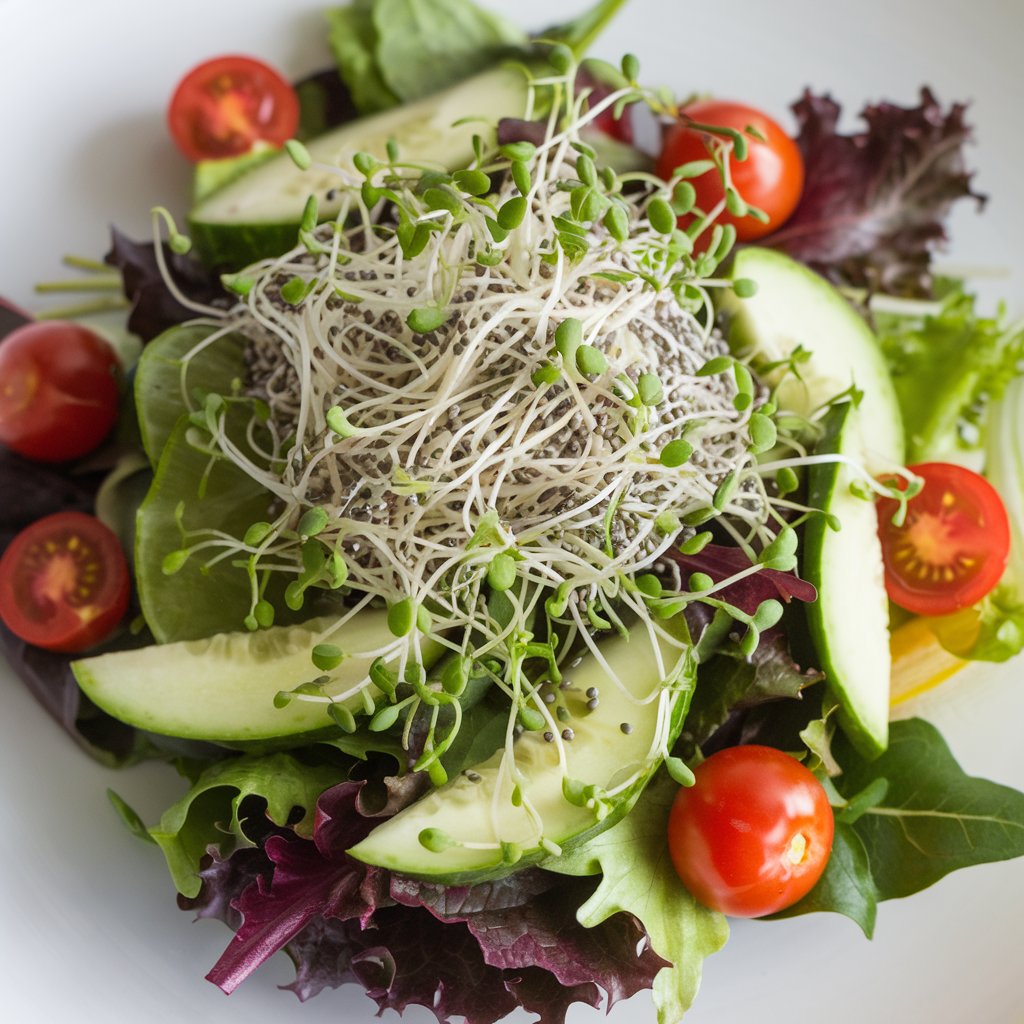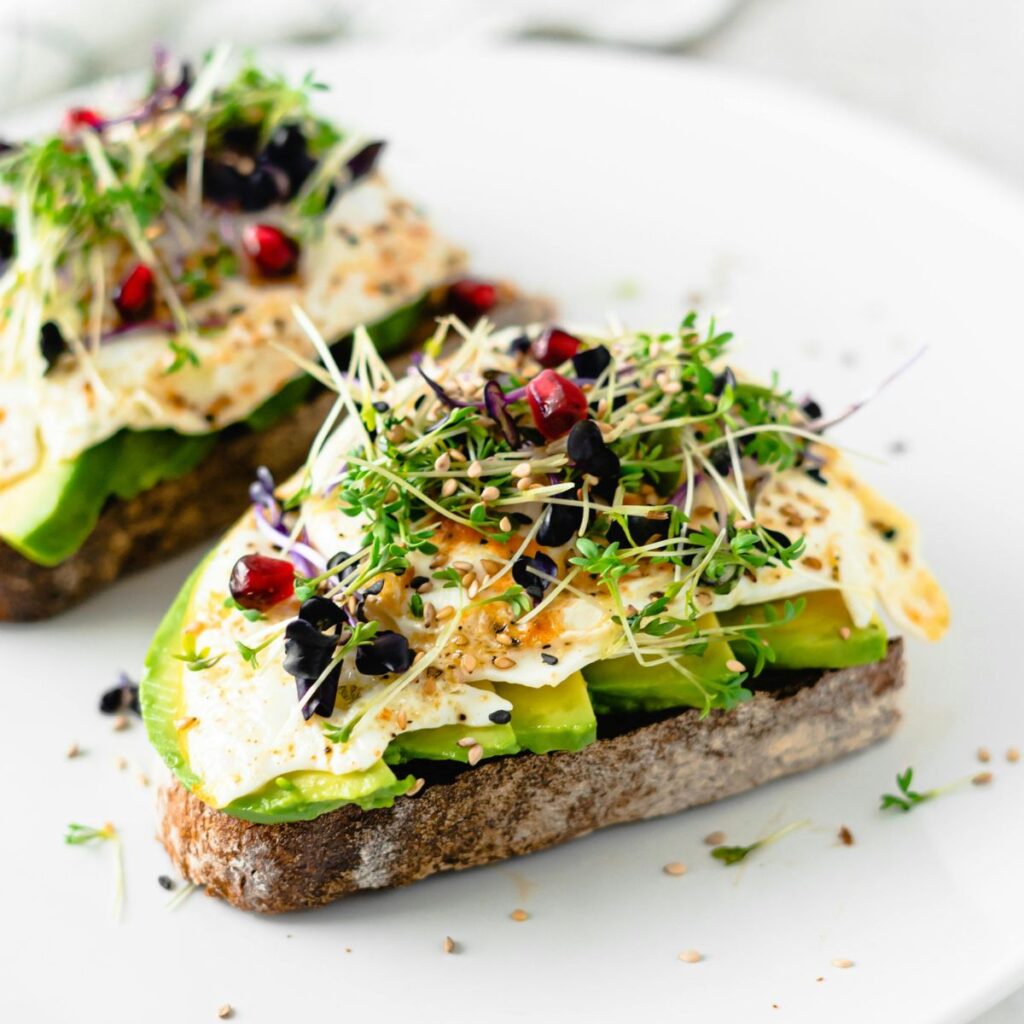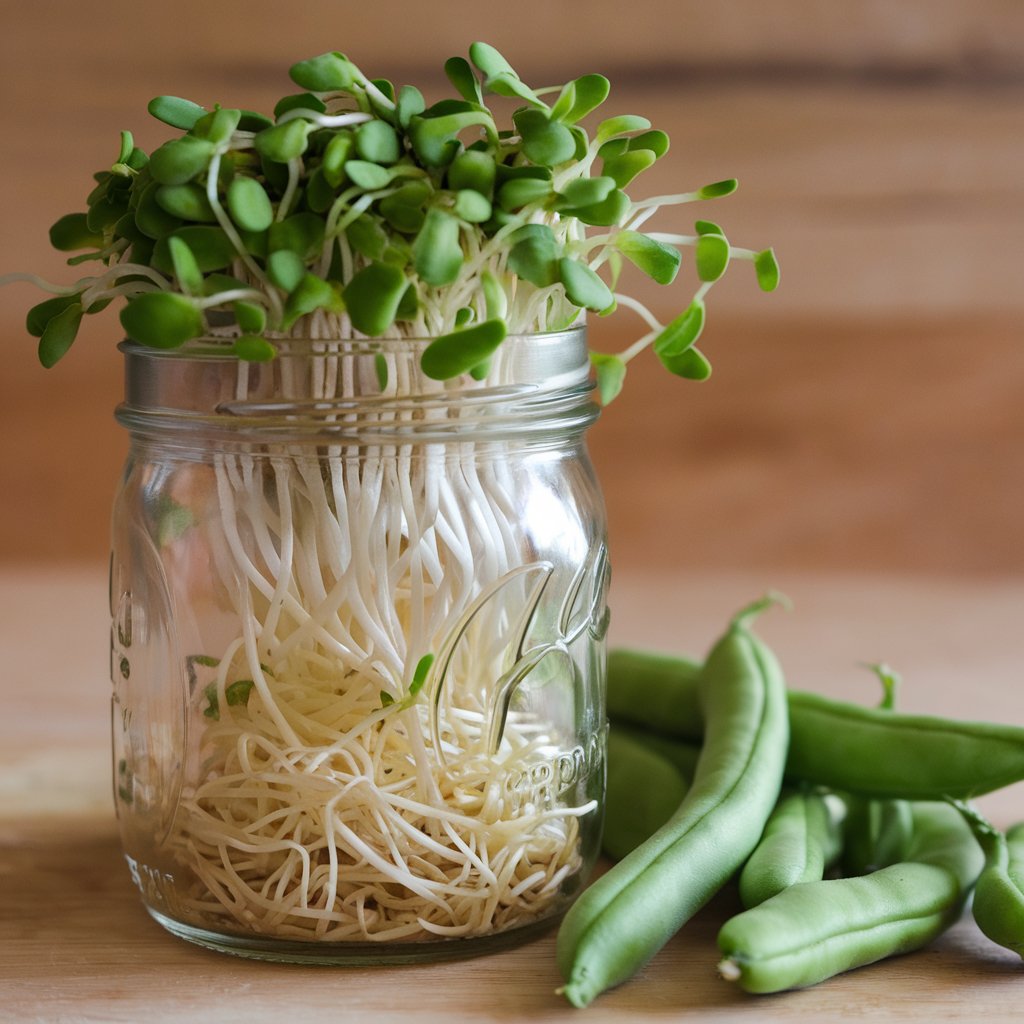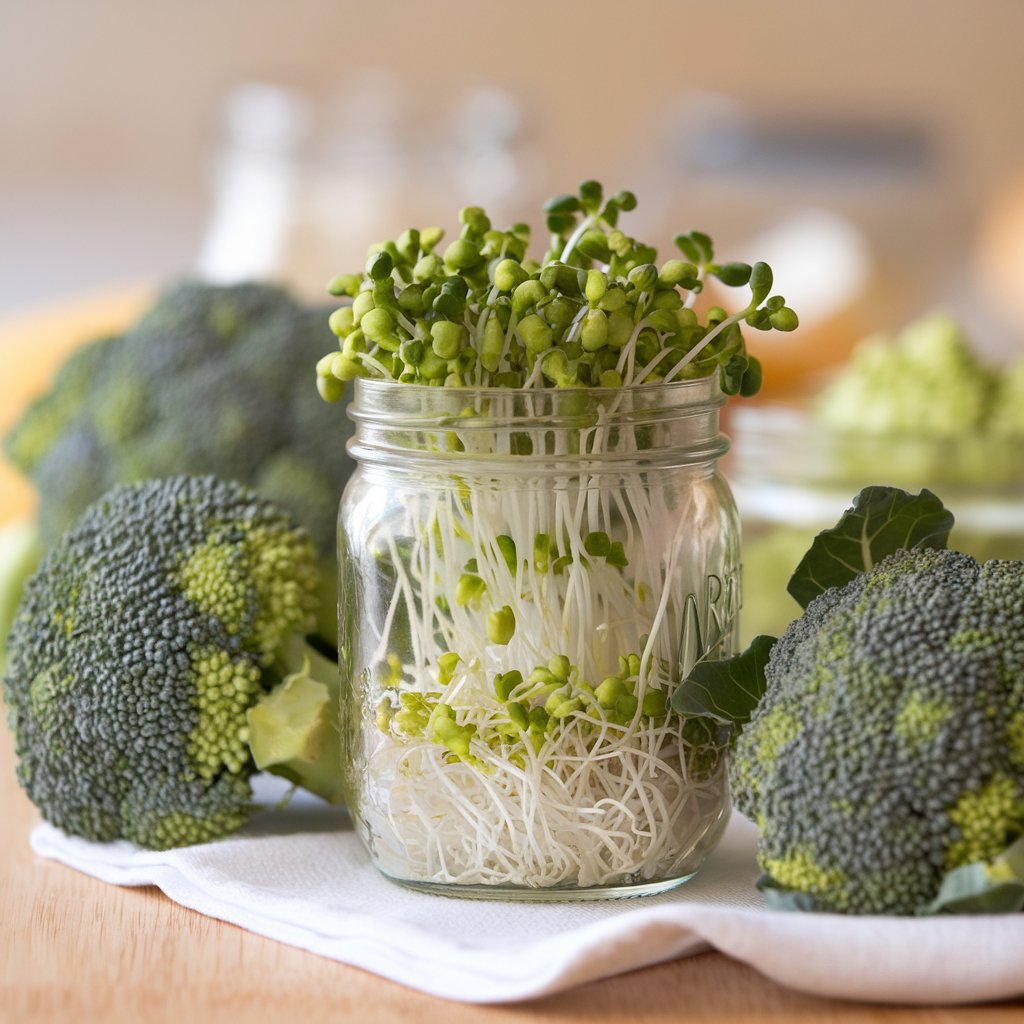Sprouts are a powerhouse of nutrition, offering a crunchy, fresh addition to meals. Packed with vitamins, minerals, and antioxidants, they can transform your health and diet. In this guide, we’ll explore the best sprouts to eat, their benefits, and tips for incorporating them into your meals. This article will help you select, grow, and enjoy sprouts, ensuring maximum nutrition and taste.
What Are Sprouts?
Sprouts are germinated seeds of vegetables, grains, or legumes. When seeds begin to grow, their nutritional content surges, making them a concentrated source of nutrients. Common types include bean, grain, and leafy vegetable sprouts, each offering unique health benefits.
Top Sprouts to Eat and Their Benefits
1. Alfalfa Sprouts
- Why Choose Them: Alfalfa sprouts are among the most popular due to their mild taste and versatility. They are low in calories but rich in vitamins A, C, K, and B-complex.
- Health Benefits:
- Boosts immune function with antioxidants.
- Supports bone health with vitamin K.
- Promotes digestion with high fiber content.
- How to Use: Add to sandwiches, salads, or wraps for a crunchy texture.
2. Broccoli Sprouts
- Why Choose Them: Broccoli sprouts contain sulforaphane, a compound with strong anti-cancer properties.
- Health Benefits:
- May help prevent cancer and reduce inflammation.
- Improves cardiovascular health.
- Enhances detoxification in the liver.
- How to Use: Sprinkle them on avocado toast or blend into smoothies for a nutritional boost.
3. Mung Bean Sprouts
- Why Choose Them: Common in Asian cuisine, mung bean sprouts are high in protein, making them ideal for vegetarians and vegans.
- Health Benefits:
- Rich in amino acids that support muscle growth.
- Contains folate, essential for pregnant women.
- Lowers blood sugar levels due to a low glycemic index.
- How to Use: Stir-fry with garlic and soy sauce or add to soups for an authentic flavor.
4. Lentil Sprouts
- Why Choose Them: Affordable and nutrient-dense, lentil sprouts are an excellent protein source.
- Health Benefits:
- Rich in iron, supporting the production of healthy red blood cells.
- Supports heart health with soluble fiber.
- Provides energy with a balanced carb-to-protein ratio.
- How to Use: Toss into salads or include in grain bowls for added crunch.
5. Chia Sprouts
- Why Choose Them: Known for their omega-3 fatty acids, chia sprouts are excellent for brain and heart health.
- Health Benefits:
- Improves cognitive function.
- Promotes heart health by reducing cholesterol.
- Aids in weight loss due to fiber content.
- How to Use: Garnish soups or use as a topping for baked goods.
6. Radish Sprouts
- Why Choose Them: With a peppery flavor, radish sprouts add a zesty kick to dishes.
- Health Benefits:
- Packed with vitamin C for immune support.
- Contains compounds that aid in digestion.
- May have anti-inflammatory effects.
- How to Use: Use as a spicy topping for tacos or in fresh spring rolls.
7. Sunflower Sprouts
- Why Choose Them: These sprouts are rich in healthy fats, particularly omega-6 fatty acids.
- Health Benefits:
- Supports skin health with vitamin E.
- Aids in brain development with essential fatty acids.
- Strengthens bones with magnesium.
- How to Use: Include in green smoothies or use as a crunchy salad base.
Why Include Sprouts in Your Diet?
- Rich in Nutrients: Sprouts are high in vitamins, enzymes, and antioxidants, often exceeding the nutritional value of mature plants.
- Easy to Digest: Germination breaks down starches, making nutrients more bioavailable and gentle on the stomach.
- Calorie-Friendly: A perfect option for anyone aiming to manage or reduce their weight.
- Versatile and Affordable: Sprouts are inexpensive to grow at home and can enhance a wide range of dishes.

Tips for Growing Sprouts at Home
- Choose Quality Seeds: Always select seeds labeled as “sprouting seeds” to ensure they are safe and untreated.
- Use a Clean Jar or Sprouter: Sanitize your sprouting equipment to prevent contamination.
- Rinse Regularly: Rinse seeds 2–3 times daily to keep them moist and fresh.
- Avoid Mold: Ensure proper airflow and avoid overcrowding seeds to prevent mold growth.
Safety Tips for Eating Sprouts
- Wash Thoroughly: Rinse sprouts under cold water before eating to reduce bacterial risk.
- Store Properly: Keep sprouts in the refrigerator and consume within a few days.
- Cook When Necessary: For those with weakened immune systems, lightly cook sprouts to kill harmful bacteria.
Incorporating Sprouts Into Your Diet
- Salads: Use a mix of alfalfa, radish, and broccoli sprouts as a salad base.
- Smoothies: Blend chia or broccoli sprouts with fruits for a nutrient-dense smoothie.
- Sandwiches: Add alfalfa sprouts to deli sandwiches for added crunch.
- Stir-Fries: Include mung bean or lentil sprouts in vegetable stir-fries for extra protein.
Conclusion
Sprouts are a nutritional powerhouse that can elevate your meals and boost your health. From the cancer-fighting properties of broccoli sprouts to the high protein content of mung beans and lentils, these tiny plants pack a powerful punch. Easy to grow and versatile in use, they’re an excellent addition to any diet. Start incorporating sprouts today to enjoy their myriad benefits for your body and palate.
Boost your health one sprout at a time! Curious about the benefits of different seed sprouts? Click the link Sprouts to learn more.




